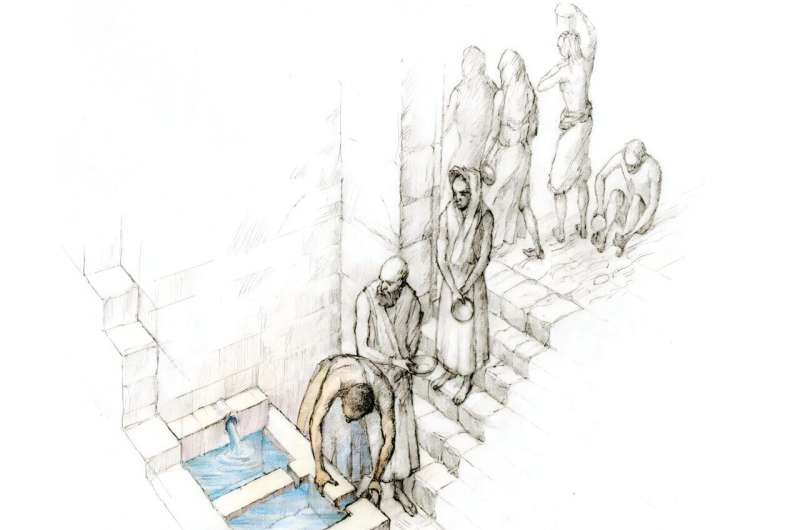Archaeologists have uncovered a remarkable ancient stone pool complex, ingeniously shaped like a lotus flower, within the historic Alishah fortress in Azerbaijan’s Astara district.
According to Caliber.Az, the discovery dates back to between the 1st century BCE and the 3rd century CE, making it an exceptionally rare find for the region. The National Academy of Sciences of Azerbaijan (NAS) confirmed the breakthrough, following extensive excavations carried out by experts from the Institute of Archaeology and Anthropology.
The newly unearthed structure consists of interconnected stone pools arranged in a quatrefoil — or four-leaf clover — design, echoing the symbolic form of a lotus blossom. Such sophisticated water architecture is unprecedented in Azerbaijan and represents an invaluable addition to the nation’s archaeological record.
“This is the first complex of its kind discovered on Azerbaijani soil,” the Academy noted, highlighting its considerable scientific and historical significance.
Similar pool designs have so far been documented only among ancient civilizations of the Near East, Iran, and the Mediterranean. This unexpected find not only sheds light on ancient water management techniques in the South Caucasus but also suggests possible cultural exchanges with distant regions renowned for advanced hydraulic engineering.
Further studies are planned to examine the site in detail, with researchers hopeful that the discovery will deepen our understanding of the ancient settlements that once thrived in this part of Azerbaijan.









